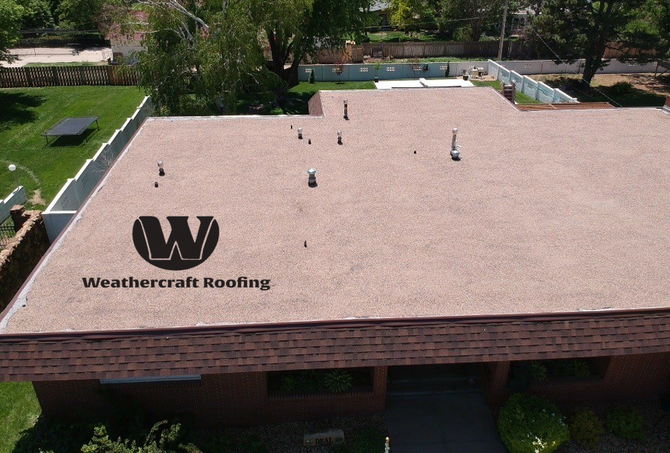Metal roofing is increasingly popular among homeowners and businesses alike, and it’s easy to see why. With remarkable durability and impressive energy savings, it stands as a superior roofing option. Whether you’re constructing a new home or replacing an old roof, understanding the benefits of metal roofing is key. This article explores why metal roofing is the best choice for both durability and energy efficiency.
The Top Benefits of Metal Roofing for Both Homes and Businesses
One key benefit of metal roofing is its impressive durability. It can handle extreme weather conditions, from snow and hail to heavy rain and high winds. Metal roofs won’t crack, warp, or corrode like asphalt shingles, making them a great long-term investment for your home or business.
Another great benefit is the low maintenance required by metal roofing. It’s built to last for decades—sometimes up to 50 years or longer—and requires fewer repairs than other roofing materials. This longevity makes metal roofs a solid investment, saving you money on long-term maintenance.
How Metal Roofing Helps Save on Energy Bills
A major advantage of metal roofing is its energy efficiency. The reflective nature of metal helps to keep buildings cooler in the summer by reflecting sunlight. This reduces the reliance on air conditioning, which lowers your energy bills. In some cases, metal roofs can reduce cooling costs by up to 25%, particularly in warmer climates.
In addition, metal roofs offer great insulation. They keep the warmth in during colder months and block heat during the summer, helping regulate indoor temperatures. This reduction in heating and cooling needs leads to long-term savings on energy bills.
Choosing the Right Metal for Your Roof: Steel vs. Aluminum
When selecting a metal roof, the two most common materials are steel and aluminum. Each has its advantages, depending on your needs and the environment in which the roof will be installed.
The Advantages of Steel Roofing
Steel roofing is a strong, budget-friendly option, ideal for commercial buildings. It withstands harsh weather and resists dents, making it suitable for areas with hail. Keep in mind that steel may rust if not treated, so a protective coating is essential.
Aluminum Roofing
Aluminum roofing, on the other hand, is lightweight and resistant to corrosion, making it an ideal choice for coastal areas or regions with high humidity. Aluminum is also more energy-efficient due to its natural reflective properties, which help reduce heat absorption. Though it tends to be more expensive than steel, aluminum roofing offers superior longevity and corrosion resistance, making it a worthy investment in the long run.
How Metal Roofs Offer Long-Term Value and Durability
Though metal roofing might come with a higher initial cost compared to traditional materials, its long-term value far exceeds other options. With a lifespan of 40 to 70 years, metal roofs outlast asphalt shingles. The savings on energy bills and maintenance costs quickly offset the upfront price.
In addition to their durability, metal roofs can increase your property’s value. They are often seen as a sign of a well-maintained, energy-efficient home or business, which makes them more appealing to prospective buyers.
In Conclusion: Why Metal Roofing is the Best Option
In conclusion, metal roofing is a wise choice for any property, offering unparalleled benefits like durability, energy efficiency, and long-term value. Whether you opt for steel or aluminum, you’re investing in a roofing system that will provide lasting protection and savings.
Looking to install a metal roof on your property? Contact us today for a consultation, and let us help you choose the best roofing solution for your needs!
#MetalRoofing #EnergyEfficientRoofing #DurableRoofing #SteelRoofing #AluminumRoofing #RoofInstallation #RoofingMaterials #LongTermValue
